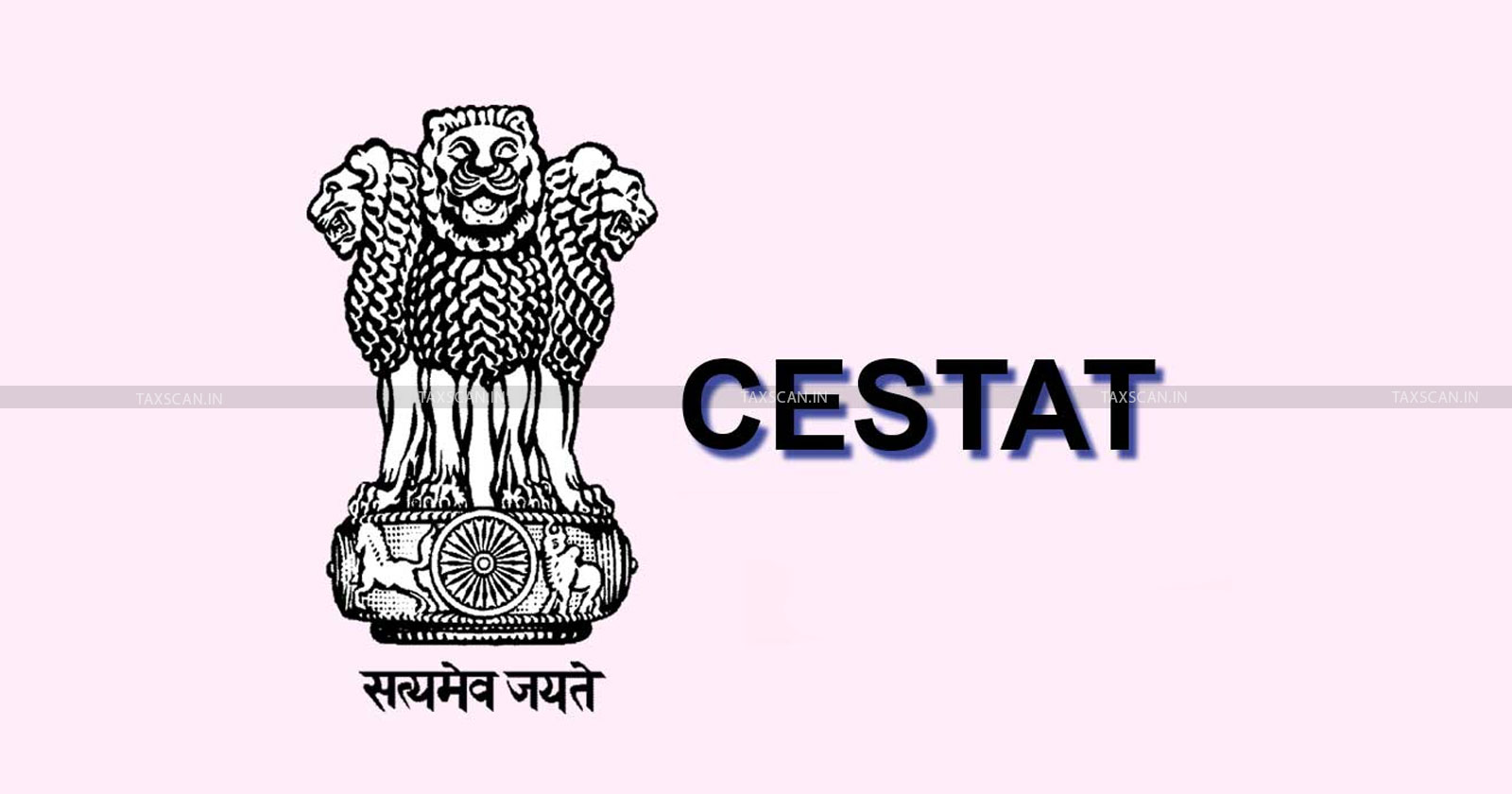Wastewater Treatment by CETP Not 'Processing of Goods', Not Taxable Under Business Auxiliary Services: CESTAT [Read Order]
CESTAT rules that wastewater treatment by CETP is not “processing of goods” and not taxable under Business Auxiliary Services
![Wastewater Treatment by CETP Not Processing of Goods, Not Taxable Under Business Auxiliary Services: CESTAT [Read Order] Wastewater Treatment by CETP Not Processing of Goods, Not Taxable Under Business Auxiliary Services: CESTAT [Read Order]](https://images.taxscan.in/h-upload/2025/06/08/2041711-cestat-business-auxilary-taxscan.webp)
The Chennai Bench of the Customs, Excise, and Service Tax Appellate Tribunal (CESTAT) held that the activity of wastewater treatment by a Common Effluent Treatment Plant (CETP) cannot be classified as "processing of goods" and is not taxable under Business Auxiliary Services (BAS).
Perundurai Leather Industries Eco Security Pvt. Ltd., the appellant, is a private company formed by the tanneries located at SIPCOT, Perundurai. It was established to operate a CETP with financial assistance from both the Central and State Governments. The appellant’s role was to treat industrial effluents discharged by member units and return the treated water back to them for further use, collecting charges for the service.
 Also Read:Hostel Charges Collected by Coaching Institutes Not Liable to Service Tax: CESTAT [Read Order]
Also Read:Hostel Charges Collected by Coaching Institutes Not Liable to Service Tax: CESTAT [Read Order]
The department issued a show cause notice demanding service tax of Rs. 84,16,749 for the period from April 2009 to July 2014. The department stated that the appellant’s activity amounted to “processing of goods” on behalf of the clients and was therefore classifiable under BAS up to June 2012, and a taxable service under the negative list regime thereafter. The adjudicating authority confirmed the demand and imposed interest and penalties.
Are You Paying More Tax Than You Should? Master Capital Gains Law Now! Click here
Aggrieved by the order, the appellant approached the tribunal arguing that their activity fell within the meaning of a “project” under Section 145 of the Finance Act, 2012, which exempted services provided by clubs or associations in relation to CETPs set up with government financial support.
The appellant’s counsel also referred to Notification No. 8/2017-ST, which granted exemption for CETP services for the period from July 2012 to March 2015. They argued that their activity was not the processing of goods but an environmental protection measure and should not attract service tax.
 Also Read:Sale of Printed Materials and Library Charges by Coaching Institutes Not Taxable Under Commercial Training Services: CESTAT
Also Read:Sale of Printed Materials and Library Charges by Coaching Institutes Not Taxable Under Commercial Training Services: CESTAT
The department’s counsel argued that the appellant, being a registered private company, was a commercial entity and its services were not covered by the negative list or the earlier exemption. They maintained that the treatment of effluent for other units amounted to the processing of goods for clients, making the activity taxable under BAS.
The two-member bench comprising Ajayan T.V. (Judicial Member) and VasaSeshagiri Rao (Technical Member) observed that the appellant was operating a CETP as a common facility created in accordance with government policy and funded by government grants. The tribunal held that such a setup qualified as a “project” under Section 145 of the Finance Act, 2012, and the retrospective exemption applied from June 2005. The tribunal also noted that the exemption continued prospectively through Notification No. 8/2017-ST.
Are You Paying More Tax Than You Should? Master Capital Gains Law Now! Click here
The tribunal set aside the order confirming the service tax demand and allowed the appeal with consequential relief.
Support our journalism by subscribing to Taxscan premium. Follow us on Telegram for quick updates


